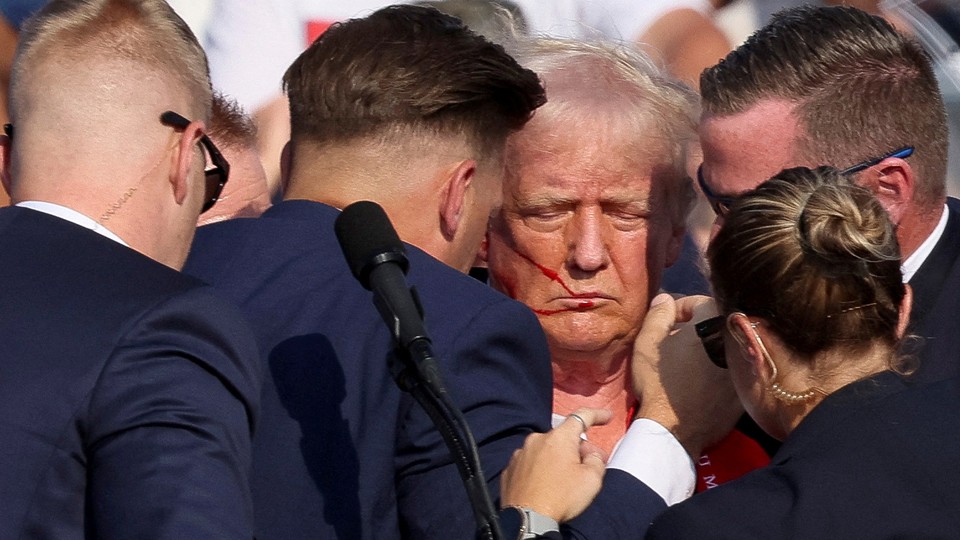5 Questions for the Secret Service
3 min read
President Joe Biden has now promised a full accounting of how a 20-year-old man was nearly able to assassinate former President Donald Trump. This will be an “independent review”—as it must be, since the United States Secret Service cannot possibly judge itself. Congressional hearings will also occur. Both forms of inquiry will require a serious account of all that transpired, or didn’t. The agency had one job—to protect a major political figure from physical harm—and failed.
Five questions must guide these reviews:
Why was the gunman’s position outside the security perimeter?
The building used by the shooter seems awfully close to Trump’s podium, and a would-be assassin’s line of sight from the roof was surprisingly clear. Security perimeters are typically established for crowd containment; if you are inside the perimeter, you will be subject to additional scrutiny, including as was the case Saturday, for weapon detection. Threats outside the security perimeter exist. Somehow a gunman with an AR-style weapon was able to get within 150 yards of the protectee. Investigators and the American public need to understand the qualifications of the agent who picked that site’s perimeter, including whether he or she was a local Secret Service agent out of Pittsburgh or a member of the presidential detail. (Local agents know the terrain better; members of the presidential detail have far more practice.)
How was the sniper threat understood and addressed?
The Secret Service deployed countersniper capabilities at the event. That team took out the gunman. Good. But that must also mean that the agency understood that a sniper might conceivably target the former president. “The deployment is proof that they knew that there was a likelihood of a long-range threat walking into the rally on Saturday,” Jonathan Wackrow, a former Secret Service agent on President Barack Obama’s presidential detail, told me. “So why not try to eliminate it better before it got to where it did?”
Security plans for events involving a president or former president typically involve a combination of federal, state, and local agencies. If the investigation confirms that, as law-enforcement officials told the Associated Press, at least one local police officer retreated after the suspect aimed a gun at him, then perhaps such dependency on local capabilities should be reconsidered.
Who said what to whom?
Early reporting suggests that local police, at the very least, had viewed the assailant as suspicious though he did not enter the secure perimeter. Participants at the rally also tried to alert police. That no agents stopped a person raising suspicions or followed him is a massive communication breakdown. Situational awareness is one of the most highly trained aspects of any security plan, and it seemed to just fall apart.
Why did the agents seem to move so slowly?
After shots rang out, seconds seemed to pass before agents stepped in. Then Trump managed to have enough leeway to turn back to the crowd in a defiant fist raise, raising the question of whether agents followed basic protocols to shield him from any further threat. There have long been rumors—bolstered by testimony in the January 6 congressional investigation—that members of the Secret Service have grown too close to Trump. Although agents who feel personal loyalty to the former president might be expected to guard him vigorously, they might also be more inclined to make exceptions from rules that many protectees find stifling.
What kind of agency do you want to be?
The Secret Service was created in 1865 to combat widespread counterfeiting. Presently, its mission is divided into protective services and financial investigations, in many cases involving cyber and banking crimes. The latter role is a legacy of its original position in the Treasury Department, but the entire agency has since moved to the Department of Homeland Security. Trump, when president, toyed with the idea of moving the Secret Service back, but the real issue isn’t what department it belongs to but its split mission. Perhaps the Secret Service should indeed spin off its financial-investigation duties to another law-enforcement agency and focus solely on defending presidents, former presidents, and other important protectees from attackers who would try to alter the course of our politics by force.



